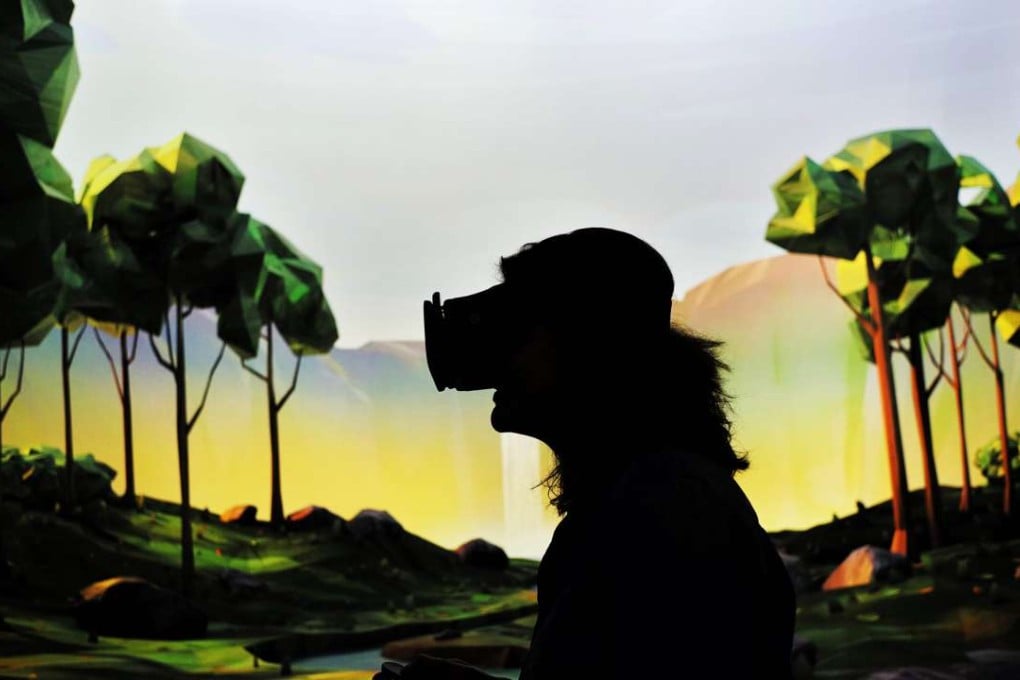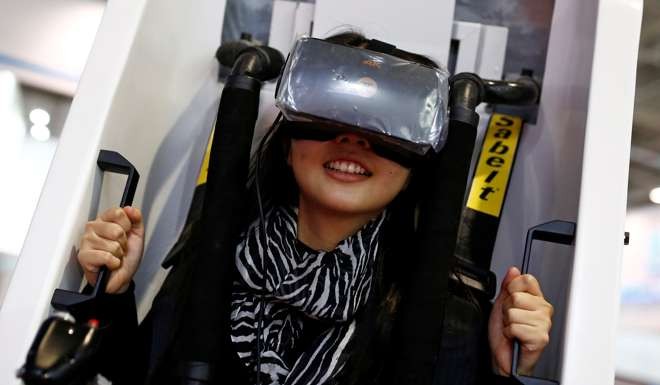How virtual reality technology could change the property market in China
Virtual reality is being used to sell overseas property to Chinese buyers, and it could eliminate real estate brokers and speed up purchasing decisions

Donning a headset to explore a house on the other side of the globe may sound like something from a sci-fi movie, but it’s already starting to be a reality for Chinese property buyers.
Virtual reality (VR) is relatively new to China but it’s taking off with property companies who are using the technology to market overseas properties to mainland buyers.
It’s a natural fit for China where property buying is big business. Mainland Chinese investment in overseas properties has ballooned in recent years, from US$5.6 billion in 2012 to US$10.7 billion in the first half of this year alone, according to Knight Frank research.
A lot of big real estate companies in China right now are either experimenting or using
Virtual reality industry research company Greenlight Insights China managing director Eddie Lou said it was early days, but property was one of the biggest areas where virtual reality technology had taken off.
“A lot of big real estate companies in China right now are either experimenting or using,” he told the Post by phone from Beijing, noting that the technology could be used to either capture an existing property or simulate a future property yet to be built.
The technology could save real estate companies money as they would not have to build a “bricks and mortar” showroom – instead, they could model properties virtually and get feedback from consumers and professionals.
“It’s still fake, but it can give you a very immersive experience to actually see what it looks like. That experience is completely different from looking at pictures,” he said. “It sounds futuristic but it is now, it is here.”
